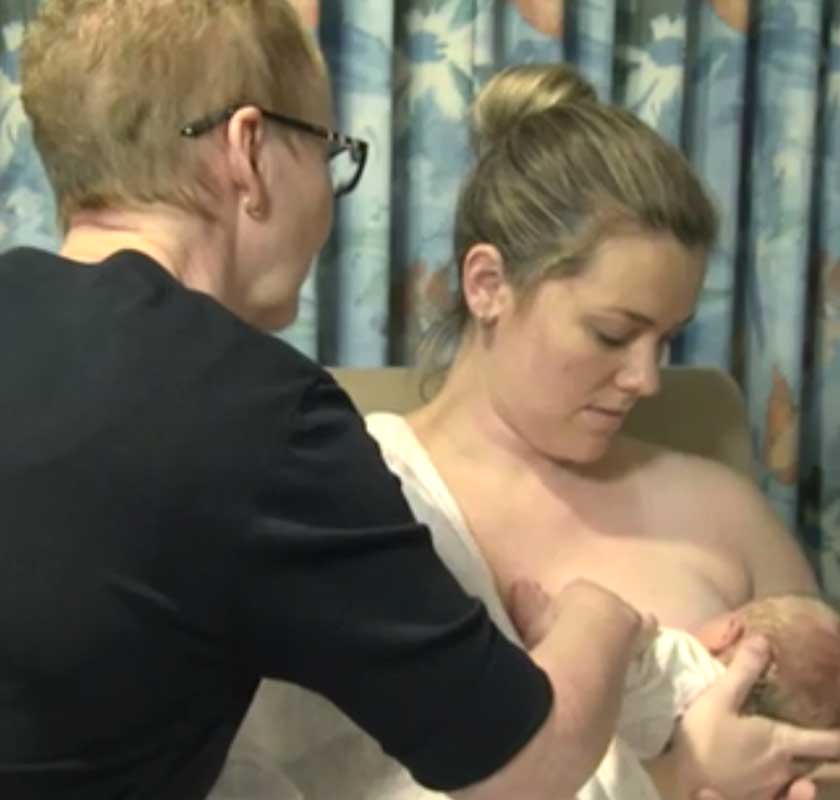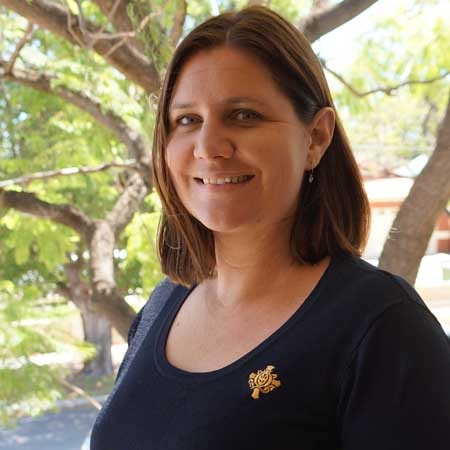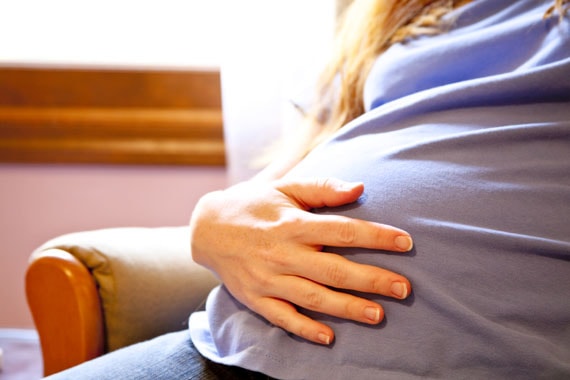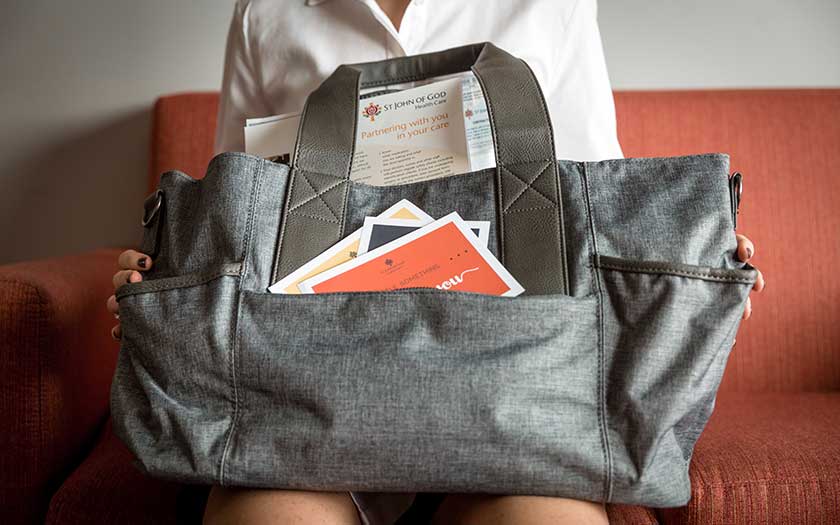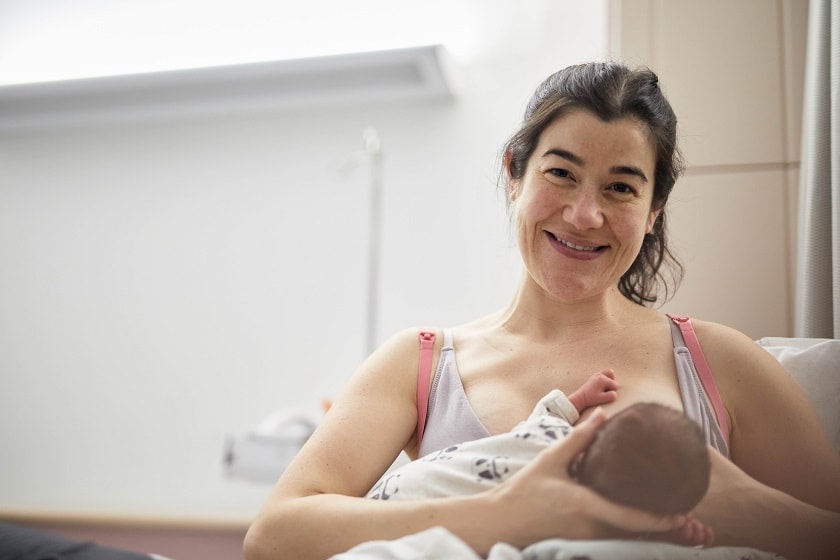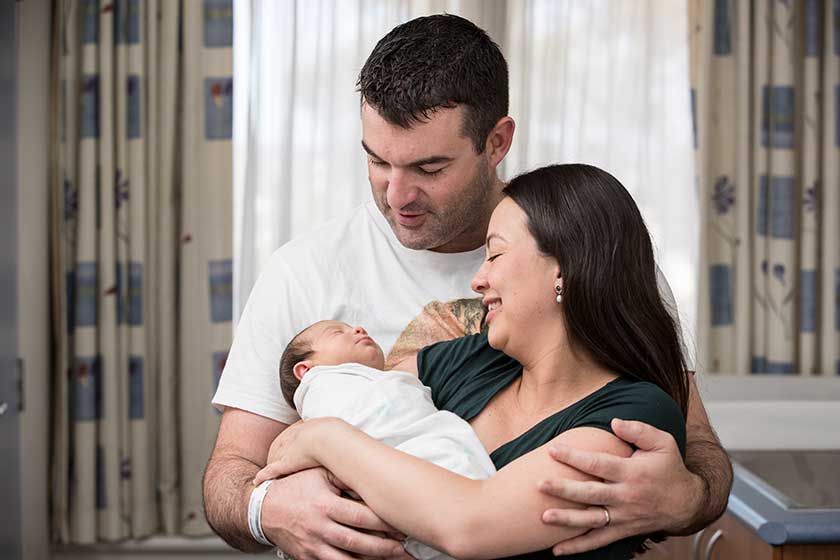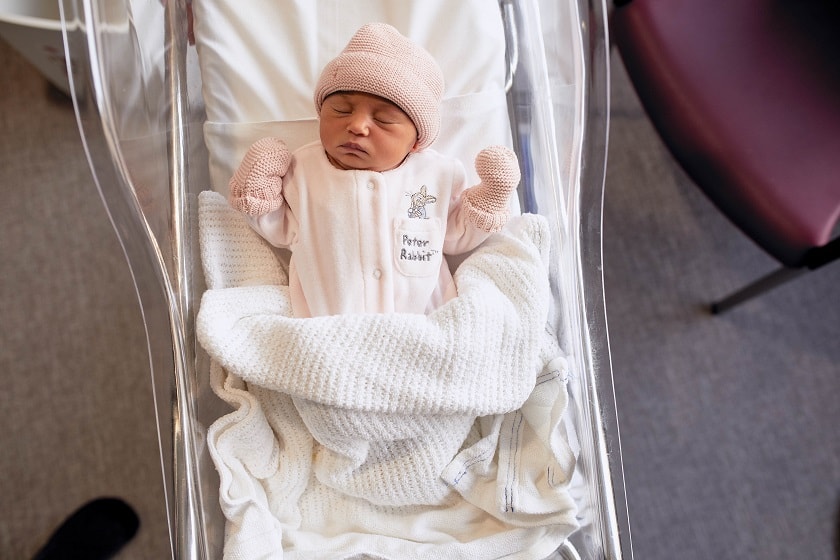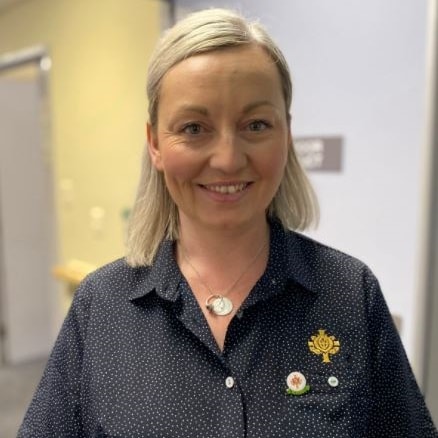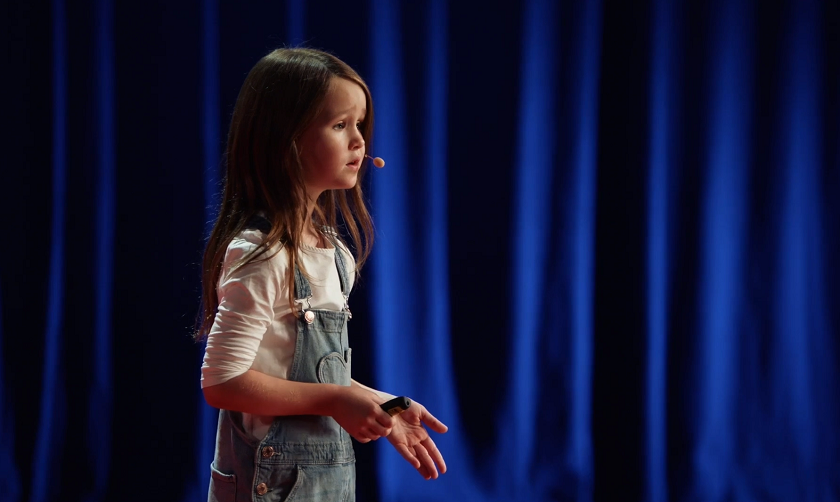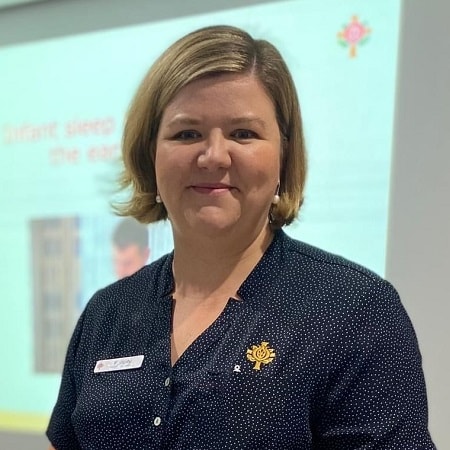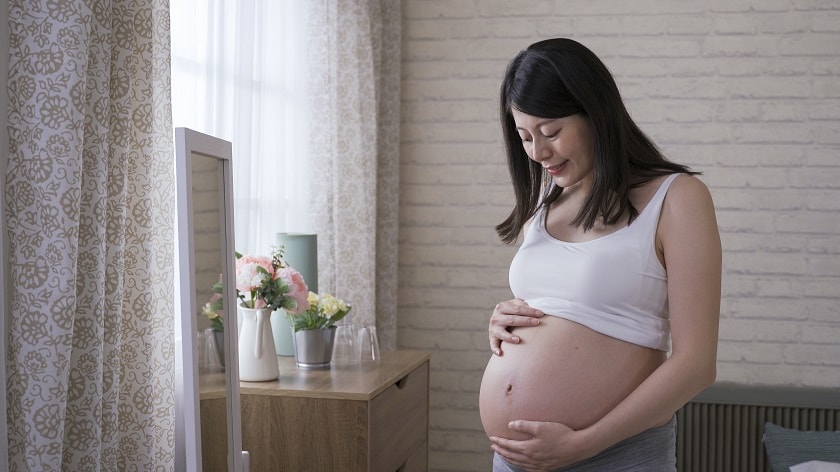In the womb, your baby has a constant supply of oxygen and nutrients while growing in a temperature-controlled environment where they feel safe and secure.
At birth, apart from finding itself with much more space, your baby is suddenly required to manage all of these things on their own.
This can be daunting. But, by having immediate skin-to-skin contact with you, your bub is able to hear the familiar sound of your heartbeat and know your scent.
This is the beginning of the bonding process and dad can join in too.
Having skin-to-skin contact, gives your baby the chance to:
- learn to regulate its own heartbeat, breathing and temperature
- develop beneficial skin bacteria.
It is very important that during skin-to-skin time immediately after birth parents, with support from midwives, are not distracted and watch newborns closely.
The closeness helps with lactation and breastfeeding too. It can help you produce the hormone needed to encourage your milk to come in.
Then, after being on your chest for a while, the baby will be able to find the nipple and begin to feed.
Sometimes, this can occur as early as within an hour after birth.
All mums and babies are different though. So if your baby does not get it straight away, our midwives who are all trained in breastfeeding will be available to offer support.
More breastfeeding information
Breastfeeding and emotional wellbeing
Our lactation consultant answers new mums' number 1 question

